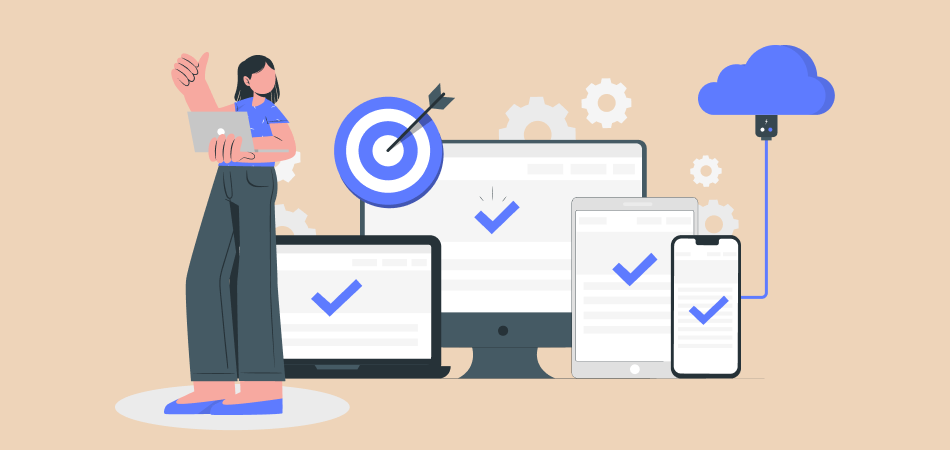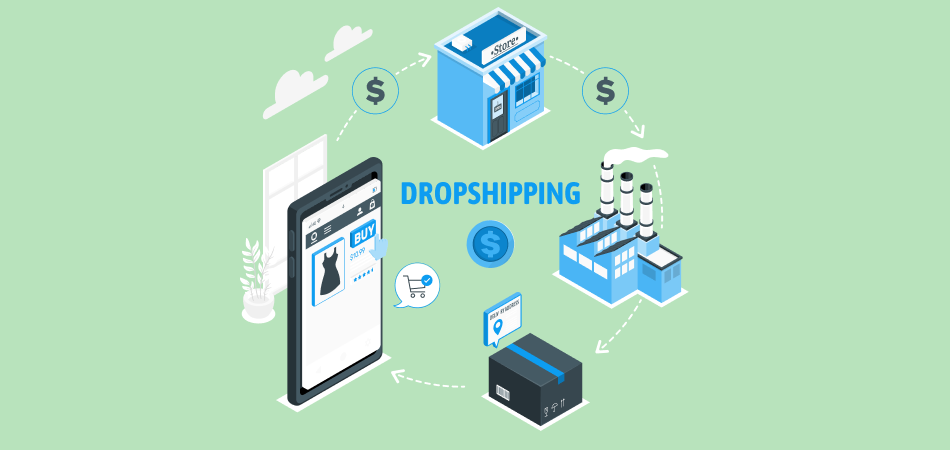6 Tips to Score Extra Income (Or Save More) As The Economy Dips

It will not be wrong to say that the world has not faced economic uncertainty to a degree that it has to deal with now. As a result, everyone is worried about how to control the financial situation with a more positive approach and what strategies can be adopted to navigate successfully through the downturned economy.
The task seems tricky but, if done right, there are only a few activities you need to adapt to score extra income and save more in order to build a secure and stable financial future.
Avoid Non-Essential Expenses, Big or Small
Before you go ahead and explore any other avenues for generating extra income, it is important to understand the usefulness of managing expenditure during the economic downturn by reducing unnecessary spending. A survey has highlighted that more than 50% of Americans do not track monthly expenses, and that is one of the major reasons why most of them tend to overspend. Creating a budget and then sticking to it can help you cut back on non-essential spending. This is because a well-thought budget outline helps you identify areas where you can make adjustments and then allocate funds strategically. Try it! You will notice that simple lifestyle changes will drastically reduce financial instability.
| Get Started Now to Grow Your Online Business with the Best AliExpress Dropshipping Tool - DSers! |
There are multiple ways in which unnecessary spending can be cut down. Even for the purchase of the things that you need, there are options available that can make the shopping more budget friendly. For example, almost all grocery shops and retailers have discount coupons, deals, and promotional offers that you can avail of to save money. Moreover, ecommerce giants like Amazon sell return pallets at pretty reasonable prices that can help you save more than 30% as compared to actual cost of the products that are included in the pallet.
Explore The Growth in Gig Economy
Online statistics would be enough to explain how the gig economy has experienced tremendous growth in recent years. It has completely changed the way people work, how platforms operate and has provided individuals with flexible earning opportunities. With the advent of digital offices and relevant technological improvements, we can see that a larger proportion of the population is turning to gig work to generate side income in the economic downturn.
Currently, the gig economy employs up to 30% of the working-age population in the US and Europe. Although the numbers are already impressive, it is expected that more people will recognize the underlying benefits of this mode of work and look up to it for earning supplemental income.
Freelancing and independent contracting has developed as one of the most obvious and useful aspects of the gig economy. Consequently, platforms like Upwork and Toptal are making it quite convenient for interested people to find clients in all sorts of fields including content writing, graphic designing, and marketing. We have also seen activities like ride-sharing becoming more common in the years past 2020. Uber drivers, in fact, have crossed the 3 million bar, showing the reliance of the population on such income opportunities. Companies like Uber emerged as lifelines for those who had to deal with job losses during the economic crisis.
Invest In Yourself to Reap Advantages in The Long Run
The importance of education should not be understated. There are numerous case studies that reflect the crucial relationship between education and income. Moreover, the US Bureau of Labor Statistics has also highlighted that those with higher levels of education mostly score higher wages. It discussed that earnings for individuals with a bachelor’s degree were around 64% higher than those who only had a high school diploma.
Therefore, personal development could play a vital role in professional success and therefore, in generating a better income stream. Many employers favor workers who are committed to learning and growth. By adding new skills or expertise to the portfolio, you can expect to make more at the same place, rather than hunting for a side job or employment that pays better.
In the ever-changing world, it is also not uncommon to see some skills becoming outdated and others taking on their place. Therefore, it is crucial to invest in personal development to ensure that you stay relevant to the market and adapt to the changes in job market demands.
Embrace The Concept of Sharing Economy
The approach is rather simple: Businesses and individuals spend on similar resources and bring together their underutilized assets in exchange for a fee. Some businesses are already adopting this measure, and the global sharing economy is expected to reach $335 billion in the next couple of years.
A typical example is that of carpooling. Services such as Uber and Lyft have transformed the transportation industry as they allow travelers to split charges, share rides and move in a more affordable manner. Home-sharing is another new concept that is picking up pace. It is enabling individuals to rent out spare rooms or apartments and split the cost instead of paying for the complete accommodation. A rough estimation shows more than 4 million hosts worldwide that are currently giving guest residency to 800 million people.
In addition to this, digital platforms and community-based sharing initiatives have also gained popularity. They are allowing neighbors, friends, and locals to come together and determine how they can benefit from resources, skills, or knowledge that others have to offer. For example, time banks are now fully operating in the US and providing individuals a chance to exchange services based on time credits. This in turn will promote community cooperation and resource sharing.
Diversify Your Income Streams To Mitigate Risks
In an economic downturn, it will be an unwise approach to rely on a single income stream only. You must maximize your earning potential to secure financial stability. This will mitigate the risks that come with relying on a single source of income only and therefore, the psychological burden of losing a job will not weigh you down.
There are positive figures if we look into literature to explore this trend. Bankrate.com has given out a detailed survey that shows more than 45% of Americans have a side hustle to generate income other than their primary earning source.
Then it is important to discuss the importance of passive income sources. Passive income streams refer to earning activities that do not require active effort. These include renting out a property or a car, making investments, etc. They can be one of the most reliable ways to earn more during the economic downturn. While you are at, it can be fruitful to pursue entrepreneurial ventures or start-ups. As a result, you can create a new income stream instead of relying on traditional employment only.
Do Not Underestimate The Importance of Emergency Funds
Building up savings and having a back-up emergency fund is crucial. It can guard you against unexpected expenses and ensure financial stability. With a sense of security, you are more likely to explore new ventures, confidently look into side gigs or consider investing in a business idea.
In fact, financial experts suggest that at least 30% of your monthly net income should be dedicated to a saving budget every month. They also advise adults to save at least three to six months worth of living expenses in emergency funds. This will provide a sufficient cushion to deal with temporary setbacks and navigate through economic uncertainties.
There is a practical strategy that you can adopt in this regard. You must have heard of automatic payments for utilities or maybe the credit card charges, right? There is also a similar approach where you can set up automatic transfers from your checking account to a designated savings account. This will ensure that you are consistently saving without relying on willpower.
Conclusion
Prioritizing savings and establishing an emergency fund is a crucial step towards scoring financial stability during the economic uncertainty. Various points in the article have highlighted the importance of building savings to handle unforeseen expenses, investing in multiple income streams, avoiding unnecessary expenses, and accepting the concept of sharing to help save more.
In today’s time, the importance of earning more and focusing on savings has become more evident. The economic downturn has led to job losses, reduced income and financial instability. Becoming conscious of your spending will help maintain financial security, cover for essential expenses, manage debts reliably, and capitalize on investment opportunities whenever any comes up. By exploring various ways in which you increase your income such as side gigs, acquiring new skills or seeking a career that can pay you more for a skill that is in high demand. In this way, you can proactively adapt to the changing economic landscape and secure your financial future.
Did you find this article useful? Don’t forget to share your insight on how one can improve financial condition and save more in this era of extreme economic stress!













 Company
Company
 Why Choose DSers
Why Choose DSers
 Blog
Blog
 Help Center
Help Center



